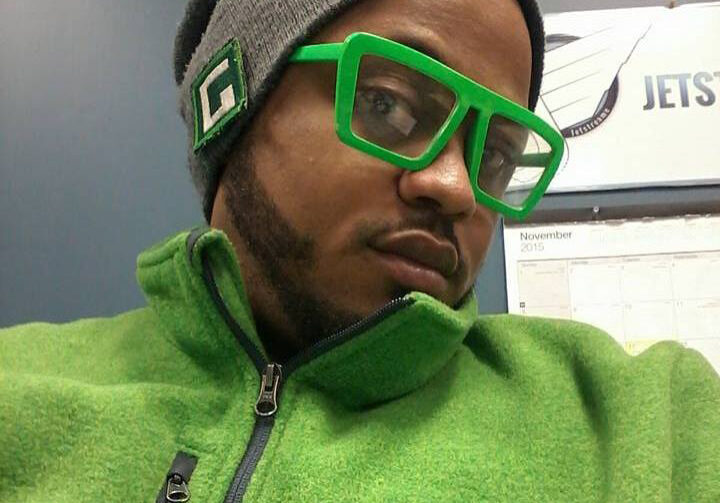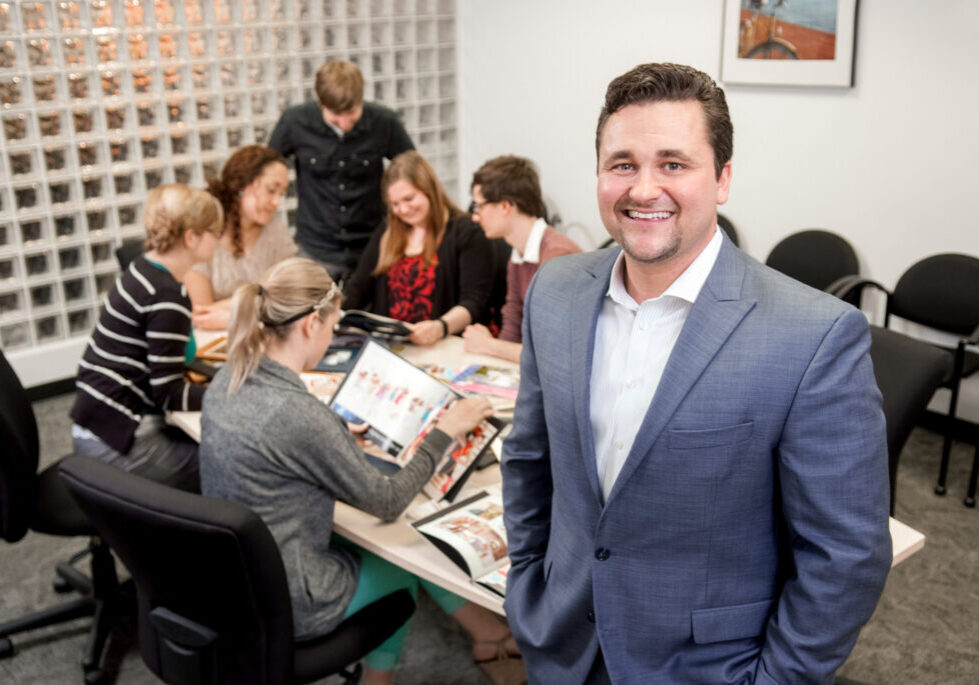Two Louisiana Technology Park members are helping ExxonMobil develop virtual reality training modules for its recently announced facility expansion at its Baton Rouge polyolefins plant.
Tech Park-based video game developers Pixel Dash and King Crow Studios, along with Thibodaux-based 3D Media, will be part of the team supporting the training initiative for ExxonMobil’s planned polypropylene project, which is scheduled to start production in 2021.
The connection was facilitated by Louisiana Economic Development’s FastStart program, which provides customized employee recruitment, screening, training development and training delivery for eligible, new or expanding companies — all at no cost.
Through an augmented-reality tool, trainees experience a virtual environment that mimics the real one, which lets them safely go through maintenance tasks until they’ve mastered them. The emerging technology will help employees safely meet performance requirements.
Forging a Partnership
Spokeswoman Stephanie Cargile says ExxonMobil is in the midst of a transformation of its manufacturing operations. She says company leadership identified the Baton Rouge polypropylene project as an opportunity to focus on technology strengths.
“Our goals were to position and showcase our high-tech capabilities and support those local vendors through the project,” Cargile says.
To facilitate connections with area technology firms, ExxonMobil turned to the FastStart program, which identified the three VR developers. ExxonMobil is also partnering with Baton Rouge Community College to support a virtual reality training lab where students can be trained on process technology and industry-related scenarios.
An Emerging Market
Cody Louviere, founder of King Crow Studios and director of digital media for the Louisiana Technology Park, helps other game developers with business development needs through the Tech Park’s Level Up Lab, a video game incubator.
Louviere says his firm has worked on other VR projects, including a game that teaches people how to make gumbo, a first-person shooter in partnership with another developer and a combat simulation game based on the history of the USS Kidd.
While VR games are interesting, business demand for VR training is skyrocketing, including from a number of larger corporations in Louisiana, Louviere says. “Larger companies are adopting this because it is more cost effective,” he says.
Pixel Dash co-founder and CEO Jason Tate says his firm — a successful developer of games for PC, mobile and consoles — has worked on VR projects including some industrial training simulations. He says the value proposition for companies that need effective training is clear.
“The people who we’ve talked to that have tried it, they understand how VR really brings training to the next level,” he says. “They can do a lot more than what you can do just on a regular computer screen. It really is the next logical step for a real immersive training experience.”
ExxonMobil retiree Ken Miller, who is consulting on the project, says the company expects the number of regional developers in the VR project to grow as development of the training modules advances.
The Power of VR Training
Virtual reality creates a computer-generated sensory experience that transports users into an immersive digital environment. It simulates a physical presence in a non-physical world to help users experience scenarios such as emergency response situations, providing opportunities to safely train staff.
ExxonMobil started experimenting with virtual reality in 2003 with two fully immersive visualization rooms. In 2014, advancements such as positional tracking, room scale and initiatives to reduce motion sickness in VR technologies led the company further into the technology.
Traditionally, training situations might require shutting down production to walk employees through required skills in volatile chemical environments. In addition to lost production time, the tanks and vessels involved could carry asphyxiation and combustion risks for trainees.
The planned tool will eliminate these issues. “We’ll create the environment where they can conduct the actual training without having to put themselves in jeopardy,” says Paul Helton, executive director of LED FastStart. “All of our clients are expanding their workforce, yet each one of them faces unique challenges. Our goal is to solve those challenges with the smartest tools available. Sometimes we create a new tool, and almost always the new tool has benefits for other LED clients too.”
Miller says VR training applications allow companies to test for events that happen infrequently in the real world, such as plant startups or shutdowns, or emergency operations.
“VR allows you to immerse the person into an environment to test their understanding and train on the steps associated with things that are safety critical but that don’t happen very often,” he says. It also allows the company to more effectively gauge how well trainees have absorbed the information from training, he says.
Helton says FastStart plans to expand its augmented-reality/virtual reality training to other clients, while its e-learning modules are being used by dozens of clients. Companies including Select Comfort/Sleep Number, Waitr and EA have adopted LED FastStart training technology and procedures and integrated them into company-wide workforce training missions.


